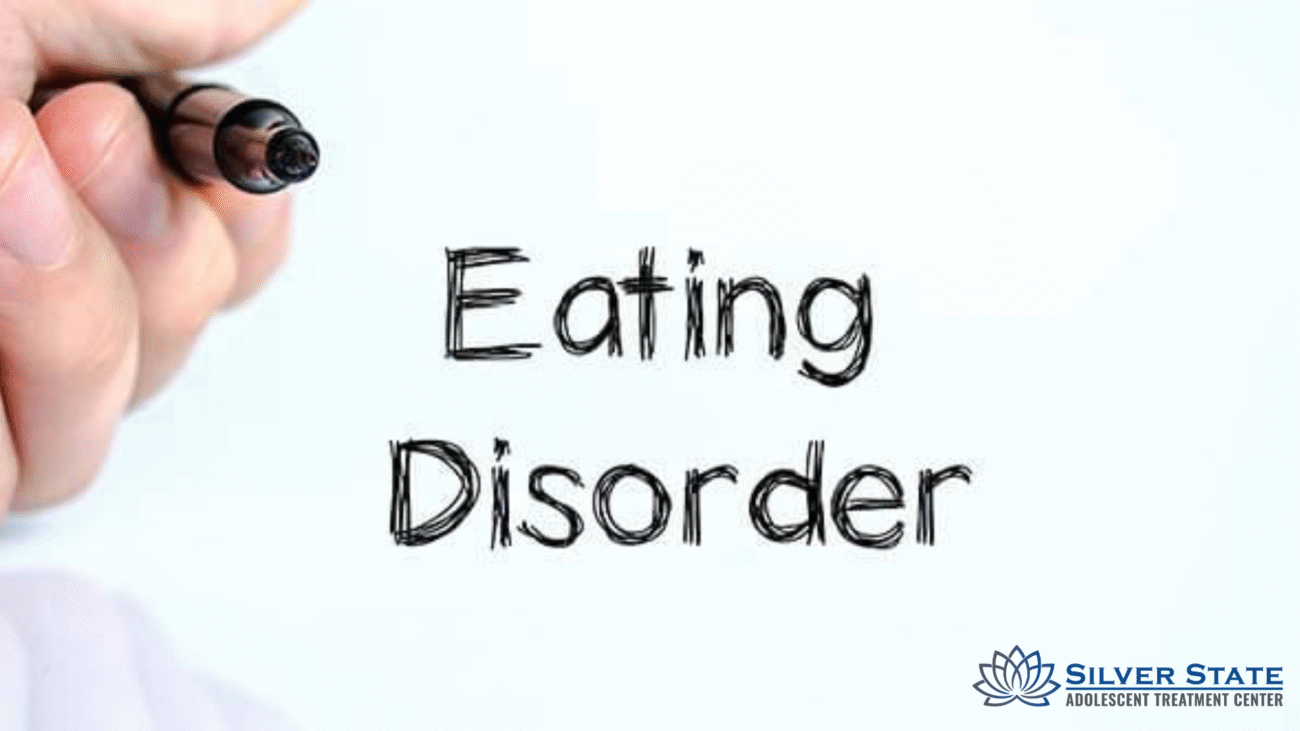15-Year-Old Boys And ARFID: How Residential Eating Disorder Treatment Supports Recovery

Table of Contents
Key Takeaways:
- ARFID is a severe eating disorder that makes people avoid food so much that they don’t get enough nutrients and feel bad about it.
- Residential eating disorder treatment gives 15-year-old boys with ARFID a safe space where they can work on both the physical and mental aspects of the disorder.
- Teen Residential Eating Disorder Treatment centers provide care 24 hours a day, seven days a week, including medical supervision, nutritional rehabilitation, and psychological support.
- Teen Personalized Treatment Plans are very important because they make sure that each teen gets the right kind of help that works for them.
- Getting help from a professional early on can make a significant difference in how well teens with ARFID recover.
Introduction
Teenagers who want to get better really need residential eating disorder treatment, especially 15-year-old boys who have Avoidant Restrictive Food Intake Disorder (ARFID). ARFID is more than just a phase of being picky about food; it’s a severe eating disorder that can have a big impact on a teen’s physical and mental health and overall growth. People with ARFID are scared to eat certain foods, don’t care about food, or are sensitive to food in some way. People with other eating disorders worry about their weight and how their bodies look, but not these people.Many kids, especially those in their mid-teens, find it hard to deal with the problems that come with ARFID. People with this disorder usually lose a lot of weight, don’t get enough vitamins and minerals, and feel lonely. If these issues aren’t fixed, they could get worse and hurt schoolwork, friendships, and mental health. This is when residential treatment for eating disorders becomes very important. These kinds of programs offer medical care, nutritional support, and psychological therapy all in one place.
What Is ARFID, and Why Should You Be Worried About It?
Avoidant Restrictive Food Intake Disorder (ARFID) is a severe eating disorder that is worse than just being picky about food. Teenagers with ARFID may not want to eat a lot of different foods because they are sensitive to smells and tastes, are afraid of choking, or just don’t care about eating. This avoidance can lead to severe malnutrition, slow growth, and other health issues. People with ARFID don’t worry about their weight or how they look, which makes it hard to find and treat.The National Institute of Mental Health highlights how untreated eating disorders, including ARFID, can lead to long-term health consequences.A 15-year-old boy can be significantly affected by ARFID. At this stage in life, eating well is crucial for growth, brain development, and emotional well-being. ARFID can make these processes harder, which can lead to long-term problems with both physical and mental health. Teen Residential Eating Disorder Treatment is the best way to get rid of the illness fully, so early intervention is very important.
How Does Residential Treatment Support Recovery?
Teen Residential Eating Disorder Treatment clinics give teens a safe and organized location to get the help they need. These programs are aimed to aid with the many various components of ARFID by offering:- Taking care of your health: Healthcare workers continually monitor to ensure that any physical health issues are addressed promptly.
- Nutritional Rehabilitation: Dietitians help children safely reintroduce foods into their diets by carefully reintroducing them.
- Psychological Therapy: Cognitive Behavioral Therapy (CBT) and Family-Based Therapy (FBT) are two types of therapy that can help with the mental issues that cause ARFID.
- A structured environment: A daily schedule that includes meals, therapy, and recreational activities can help individuals learn how to manage stress and make informed decisions.

What Can Families Expect from Residential Treatment?
Families can expect that Teen Residential Eating Disorder Treatment will take a full and collaborative approach. Some important parts are:- Family Involvement: Regular family therapy sessions allow the teens to communicate with each other and work towards improvement.
- Help with schoolwork: Many programs offer assistance with schoolwork to help teens stay on top of their work.
- Planning for the transition: Helping the teen and their family prepare to return home, including strategies for maintaining progress and avoiding relapse into unhealthy habits.
How Do You Know If You Need to Go to a Residential Treatment Center?
You need to see how bad a teen’s eating disorder is to know if they need residential treatment. If you see these signs, you might need to go to a residential therapy center:- Significant Weight Loss: Losing weight quickly or without an apparent reason that isn’t related to another underlying health issue.
- Signs of malnutrition Include Feeling tired, weak, or experiencing slow growth.
- Psychological Distress: Signs of depression, anxiety, or other mental health issues that are related to how you eat.
- Social Withdrawal: Refusing to participate in social situations, especially those involving food or meals.
Conclusion
In short, residential eating disorder treatment is a significant way for 15-year-old boys with ARFID to get better. These programs help individuals with the disorder by providing them with comprehensive care, including medical treatment, nutritional support, and psychological therapy, all in one. Teen Personalized Treatment Plans and a controlled environment can help teens with ARFID get better and live healthier, happier lives.To learn more or discuss treatment options, please call Silver State Adolescent at 725.525.9897.
How Can Addressing Social Isolation in Teens Help Support Recovery for 15-Year-Old Boys with ARFID?
Addressing social isolation in teens is vital for 15-year-old boys with ARFID. By fostering social connection support, these adolescents can build meaningful relationships, reducing feelings of loneliness. Engaging with peers encourages healthier eating habits and emotional expression, promoting overall recovery and resilience in their journey toward better mental health.
FAQs:
At what age does ARFID usually appear?
ARFID often appears in childhood and can persist into adolescence if left untreated. Early treatment is critical for better outcomes.Can ARFID be treated without going to a residential facility?
In some cases, outpatient treatment may be effective. But for people with moderate to severe eating disorders, residential eating disorder treatment is better because it is more intense and helpful.How long does it take to treat ARFID in a residential setting?
Depending on the person’s needs, treatment could last anywhere from a few weeks to a few months.Citations
- National Institute of Mental Health. “Eating Disorders.” 2023, https://www.nimh.nih.gov/health/topics/eating-disorders.
- University of California San Francisco. “ARFID in Children and Adolescents.” 2024, https://eatingdisorders.ucsf.edu/arfid.
- University of California San Diego. “Adolescent Eating Disorder Program.” 2024, https://eatingdisorders.ucsd.edu/treatment/adolescent-programs.html.
Dr. Russ Park
Dr. Russ Park is a distinguished leader in healthcare, recognized for his dual board certification as an Advanced Nurse Executive and a Psychiatric Mental Health Nurse. With over a decade of experience in hospital administration, Dr. Park has dedicated his career to transforming mental health care and enhancing patient outcomes through compassionate leadership and strategic innovation.
As a former Chief Executive Officer at Sana Behavioral Health and Seven Hills Hospital, Dr. Park spearheaded groundbreaking initiatives that reduced restrictive interventions, expanded access to acute mental health services, and significantly improved core quality measures. His leadership has not only elevated institutional standards but also strengthened the commitment to patient-centered care.
Dr. Park’s academic credentials include an undergraduate nursing degree from the University of Nevada, Las Vegas, and a Doctorate in Nursing Administrative Leadership from the University of Nevada, Reno. His expertise in organizational leadership, policy development, and operational excellence continues to set a benchmark for healthcare management.
At the heart of his work is a profound dedication to building sustainable, high-quality healthcare systems that prioritize mental health and well-being. Driven by passion and purpose, Dr. Russ Park remains committed to shaping the future of healthcare—one visionary step at a time.

